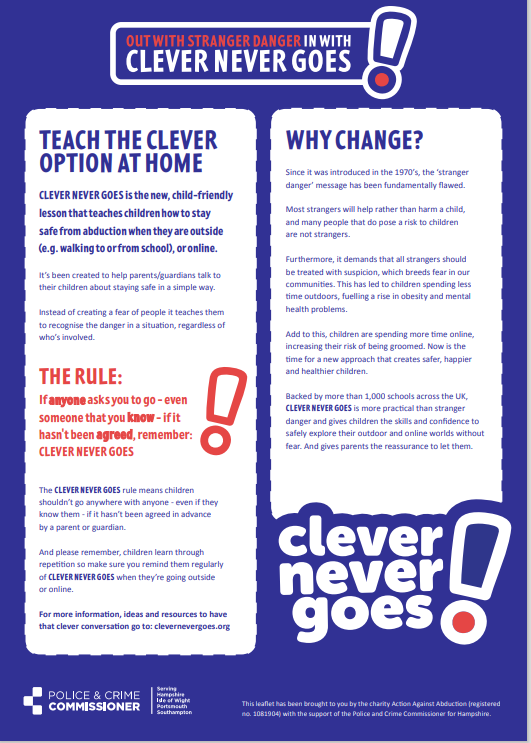Safeguarding
Our school takes safeguarding children seriously; providing a safe and secure culture where all voices are heard and listened to.
Aims:
- Appropriate action is taken in a timely manner to safeguard and promote children’s welfare
- All staff are aware of their statutory responsibilities with respect to safeguarding
- Staff are properly trained in recognising and reporting safeguarding issues
- All children have the right to be protected from harm; it is every adult’s responsibility to ensure that children are safe and feel safe in every school across the Trust.
It is our vision that no child should suffer harm, either at home or within our Trust. Child protection and safeguarding a child’s welfare is paramount and we will ensure that sufficient resources are made available from our pastoral teams to ensure the best possible outcome for the children.
We are determined that all children will thrive with ongoing advocacy, planning, support, and commitment no matter what a child’s background is.
Our policy can be found on our Policies and Procedures page.




 Instagram age 13+
Instagram age 13+


